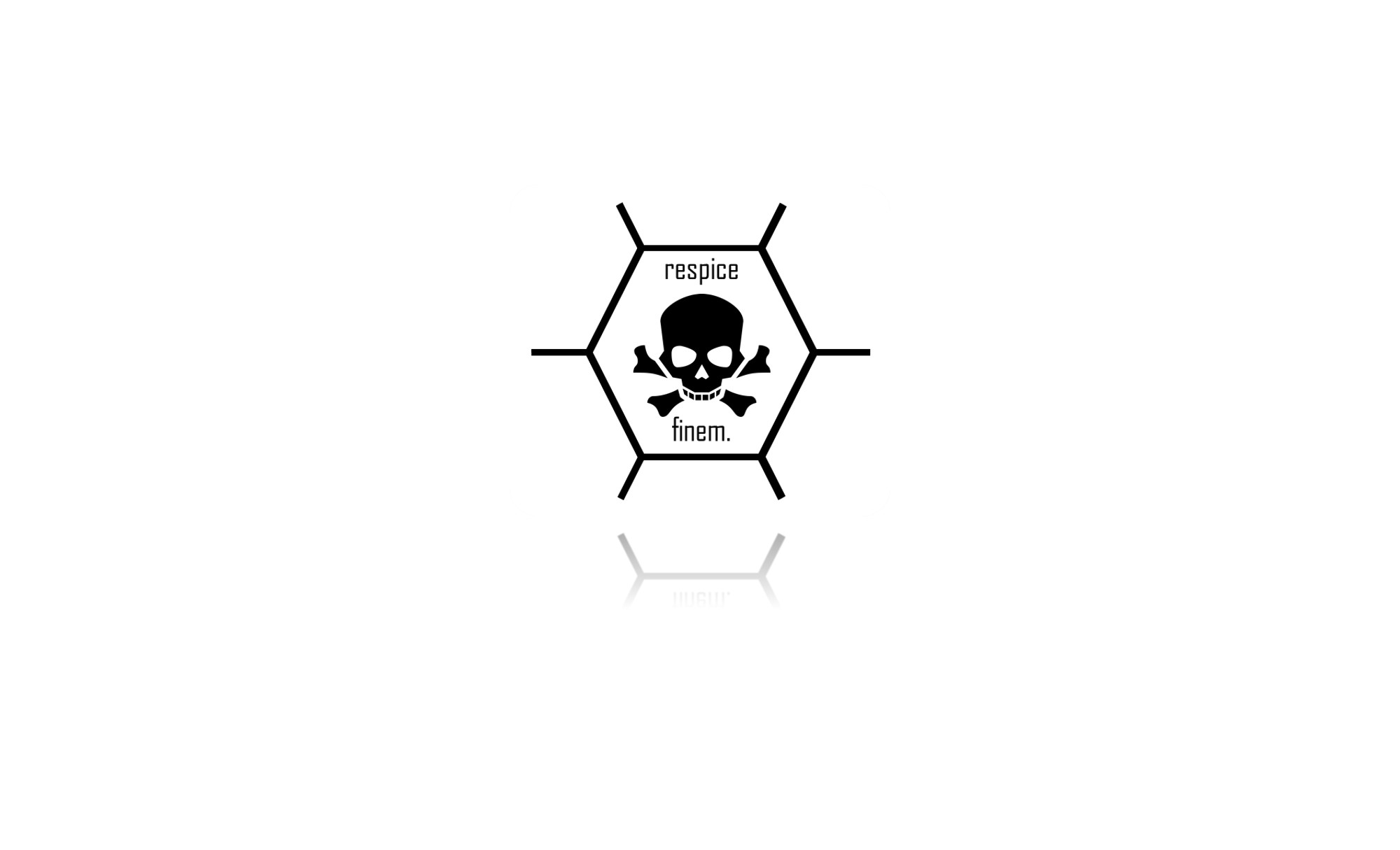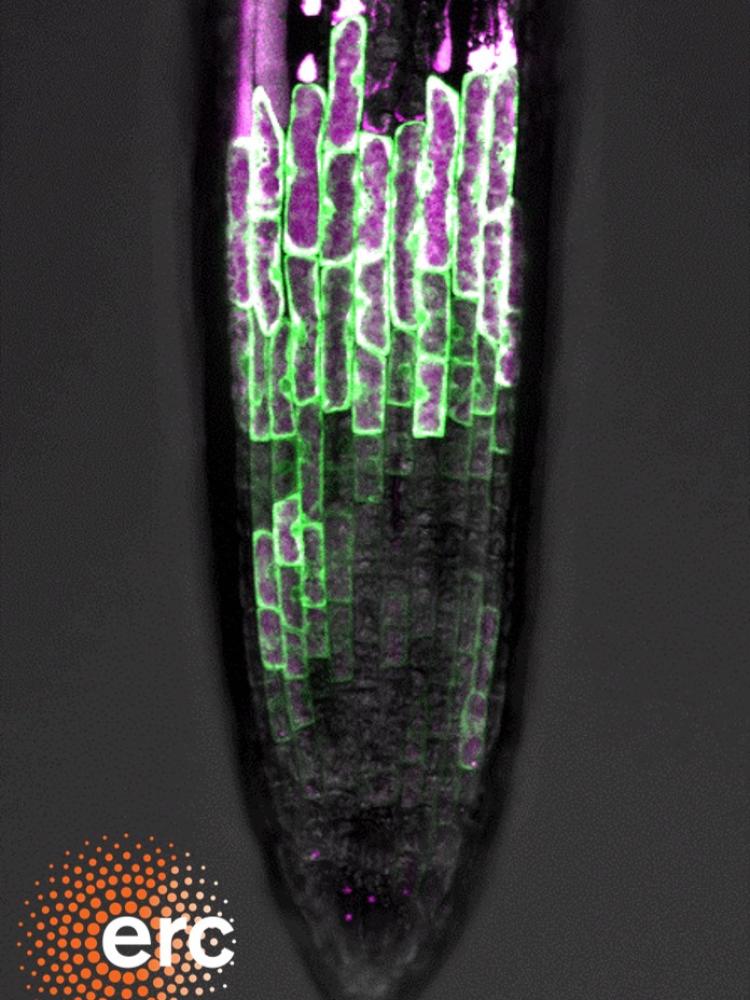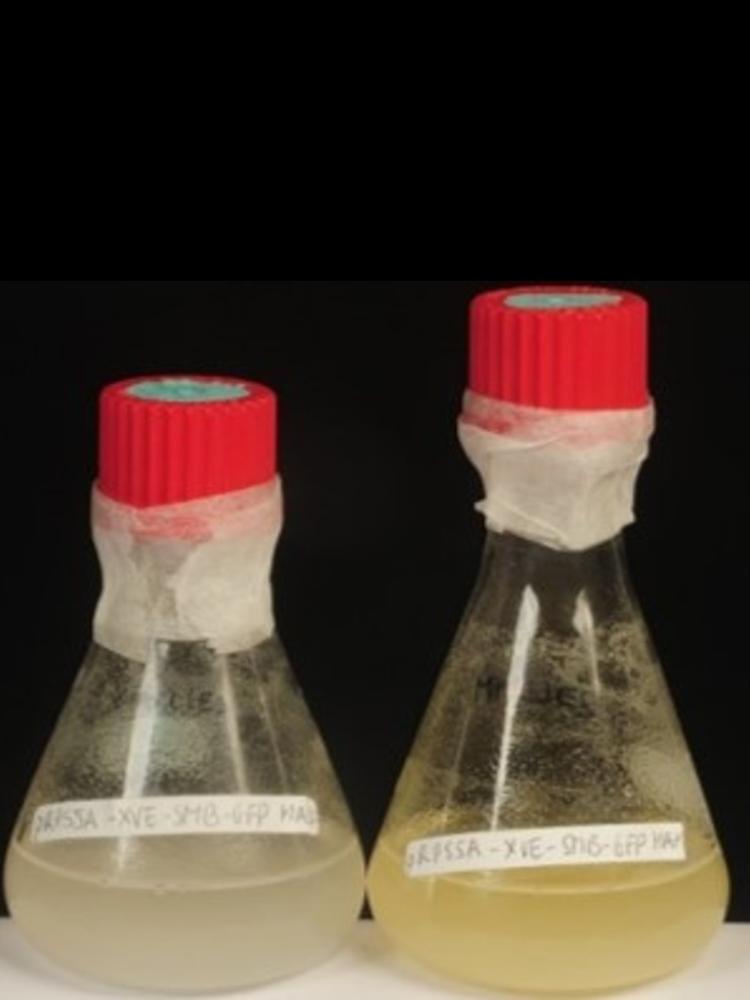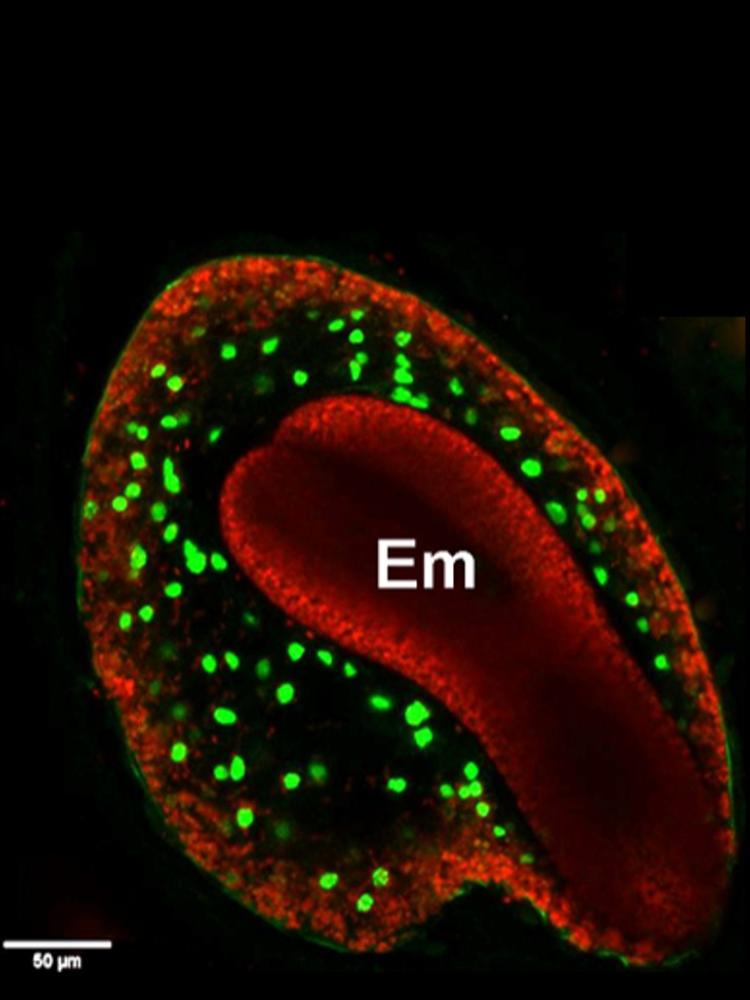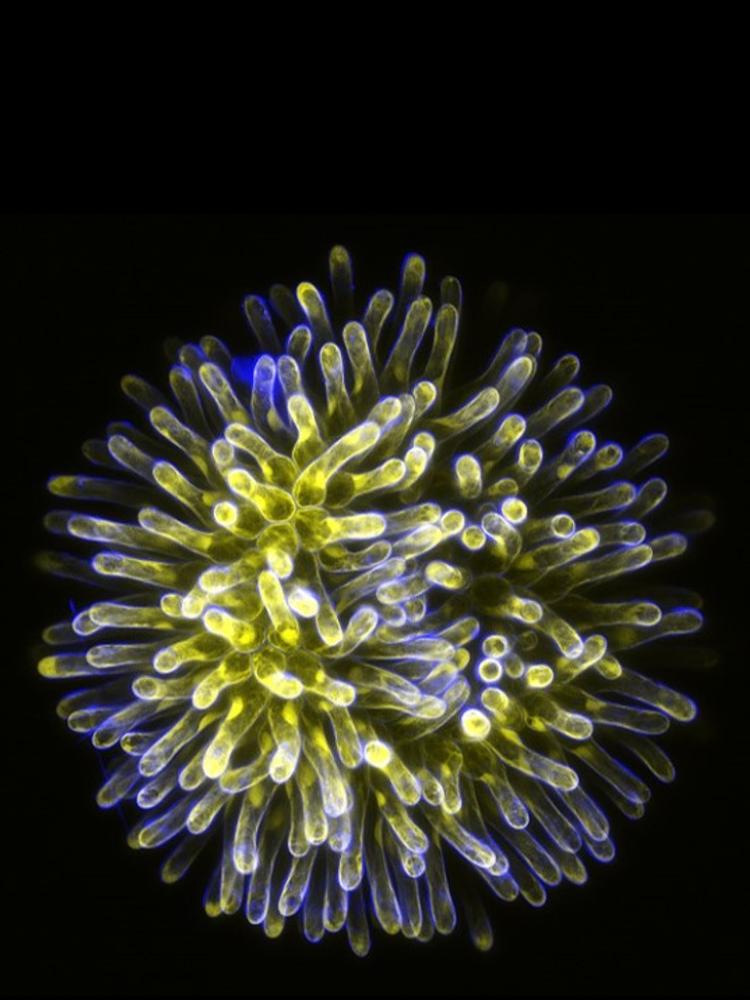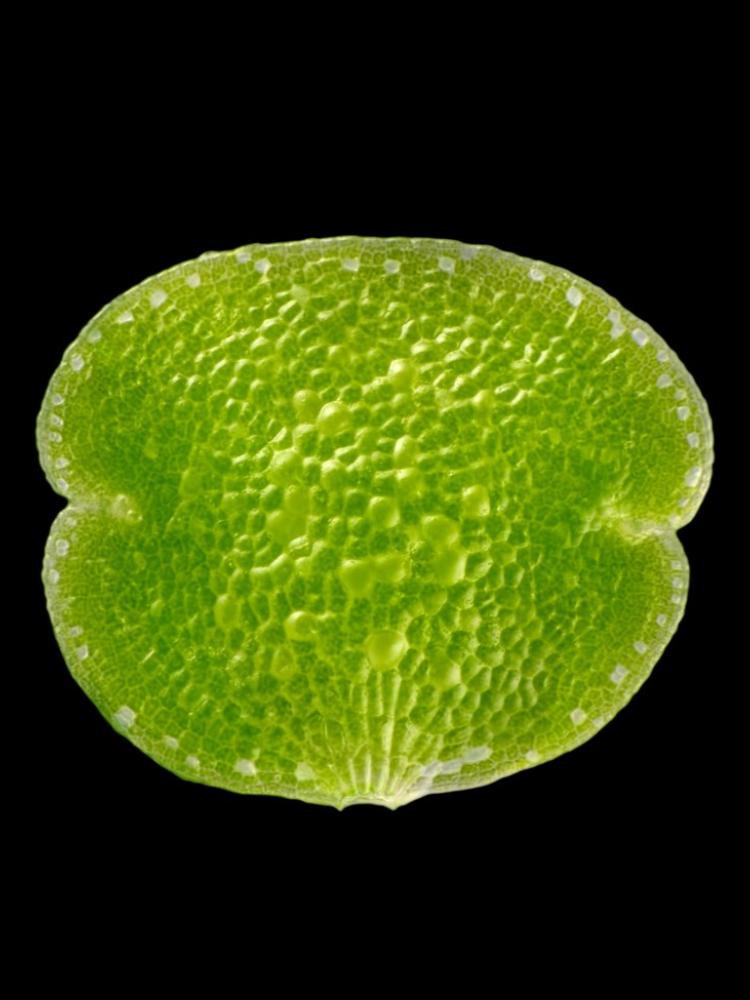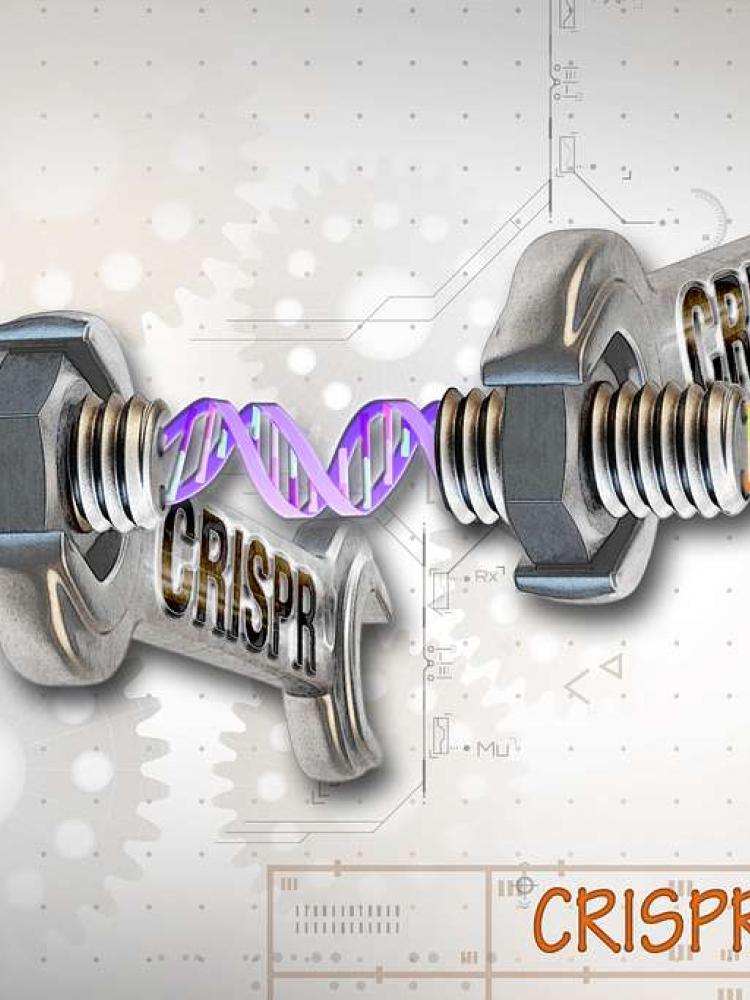OUR RESEARCH FOCUS
Programmed Cell Death or Regulated Cell Death (PCD or RCD) are umbrella terms for processes bringing about the genetically encoded, actively controlled death of a cell.
PCD is thought to has first evolved billions of years ago in bacteria to defend clonal colonies against viral attacks by sacrificing individual cells for the greater good of the colony. With the evolution of complex multicellular organisms, PCD has adopted a multitude of functions in physiological and pathological development.
While a major field in the biomedical research due to its many implications in many human diseases and conditions (e.g. cancer), research on PCD in plants has received much less attention. However, PCD in plants is as important as its equivalent processes in animals. Plant PCD occurs as part of stress and immune responses, and is an integral part of plant development in the absence of environmental stresses.

Our team focuses on developmentally controlled PCD (dPCD) as a fundamental principle of plant development. Diverse dPCD processes occur throughout the plant's life cycle and are crucial for vegetative processes (e.g. efficient solute transport, tissue remodeling, or senescence) and sexual reproduction (e.g. male fertility, fertilization, and seed development). We are investigating gene regulatory networks linking cellular differentiation with the preparation of dPCD, signals that trigger dPCD execution at the right time and place, and the cellular and molecular mechanisms that execute dPCD by a controlled termination of the cells' vital functions.
